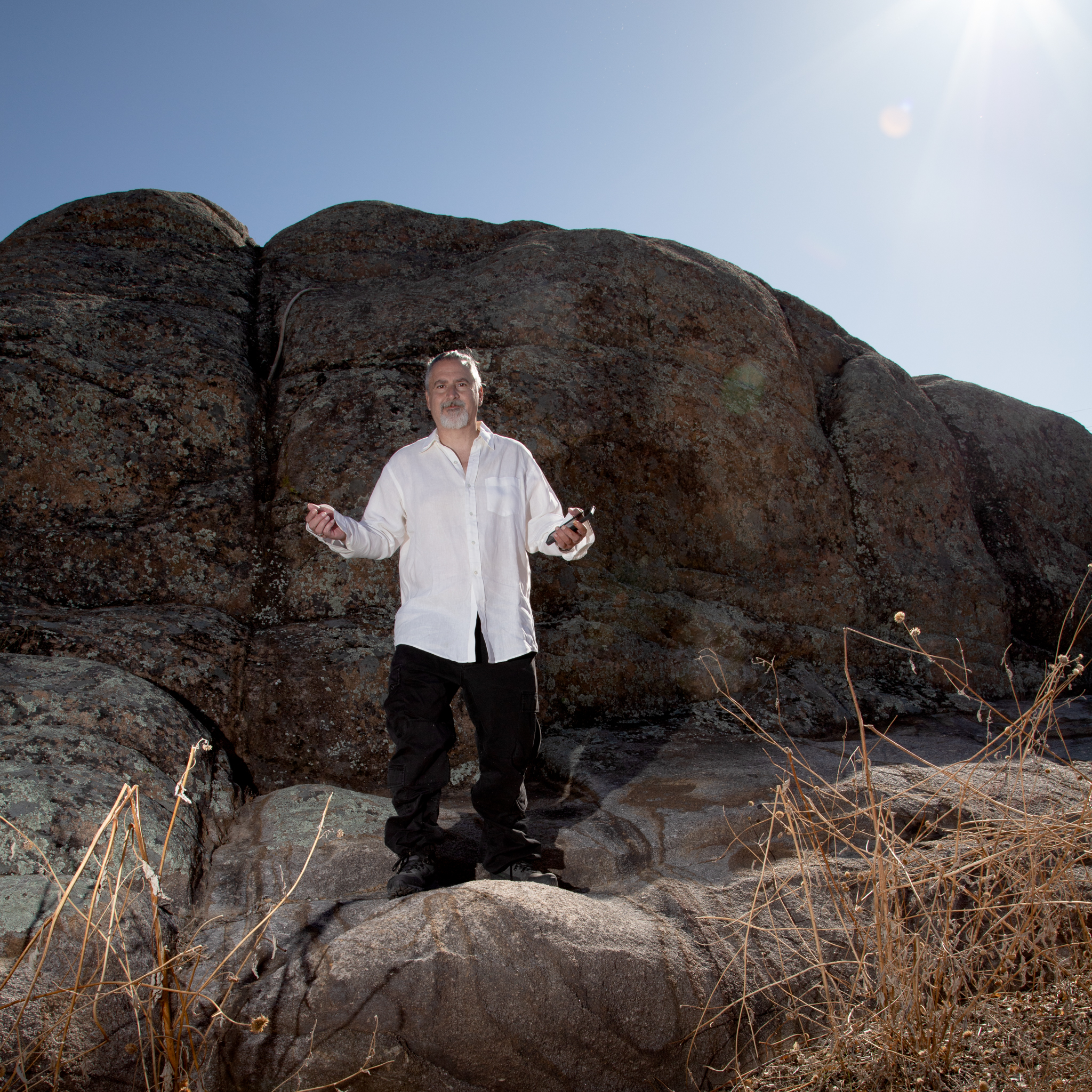
You can solve your own problems!
Simple Guide to make your life better.
What Are Your Foundations Based Upon
Every living being needs a good foundation to build upon. This is just common sense. Many places in this world, have tried to create these foundations, in an effort to make life livable for most people.
Are You Enough?
Anyone with the basics could be considered to be enough. Given that they are thinking reasonable people.
There are ten basic pieces to a good foundation. I will talk about them in depth. Here are a list of those items.
- Self Awareness and Emotional Intelligence
- Critical Thinking and Problem Solving
- Physical Health And Well Being
- Resilience and Coping Skills
- Communication and Interpersonal Skills
- Time Management and Discipline
- Ethics and Integrity
- Curiosity and Lifelong Learning
- Sense Of Purpose and Meaning
- Practical Skills & Financial
To be a fully functional being, several fundamental skills and foundational elements are required, encompassing physical, mental, emotional, and social dimensions. Here’s a breakdown of these essential components:
1. Self-Awareness and Emotional Intelligence
Self-awareness: Understanding your own emotions, thoughts, and behaviors, and how they influence your actions and decisions.
Emotional regulation: The ability to manage and process emotions effectively, including coping with stress, frustration, and setbacks.
Empathy: Understanding and being sensitive to the feelings and perspectives of others.
Social skills: Engaging effectively in relationships, communicating clearly, and managing conflicts constructively.
2. Critical Thinking and Problem-Solving
Critical thinking: Analyzing situations, evaluating evidence, and making informed decisions based on logic and reason.
Problem-solving: The ability to identify problems, come up with solutions, and implement them successfully.
Adaptability: Being flexible in your approach to challenges, learning from mistakes, and adjusting to changing circumstances.
3. Physical Health and Well-Being
Basic health literacy: Understanding how to maintain physical health, including nutrition, exercise, and regular checkups.
Self-care practices: Prioritizing rest, exercise, proper diet, and mental health to support long-term wellness.
Body awareness: Being attuned to the body’s signals, recognizing physical needs, and addressing discomfort or illness promptly.
4. Resilience and Coping Skills
Resilience: The capacity to recover from difficulties, setbacks, or trauma while maintaining a positive outlook.
Coping strategies: Tools for managing stress, anxiety, and other emotional challenges, including mindfulness, meditation, and relaxation techniques.
Perseverance: The ability to stay committed to long-term goals despite obstacles or delays.
5. Communication and Interpersonal Skills
Effective communication: Clearly conveying thoughts and ideas, listening actively, and ensuring mutual understanding.
Boundaries: Knowing how to set healthy boundaries in relationships to protect emotional well-being.
Collaboration: Working well with others, sharing responsibility, and contributing to collective efforts.
6. Time Management and Discipline
Prioritization: The ability to distinguish between urgent, important, and trivial tasks.
Self-discipline: Maintaining focus and commitment to goals, managing procrastination, and staying consistent.
Goal-setting: Defining clear, realistic goals and breaking them down into actionable steps.
7. Ethics and Integrity
Moral compass: Understanding your own values and principles and living in alignment with them.
Integrity: Acting consistently with honesty, trustworthiness, and accountability.
Responsibility: Owning your actions and their consequences, both positive and negative.
8. Curiosity and Lifelong Learning
Curiosity: A desire to explore new ideas, acquire knowledge, and remain open to new experiences.
Lifelong learning: Continuously seeking personal and intellectual growth, adapting to new information, and evolving in various areas of life.
Creativity: Developing the ability to think outside the box, generate new ideas, and find innovative solutions to problems.
9. Sense of Purpose and Meaning
Purpose: Having a sense of direction, meaning, or a higher goal that guides your life decisions and actions.
Self-fulfillment: Pursuing passions, developing talents, and seeking personal satisfaction.
Spiritual awareness (optional but often important): Understanding your place in the universe, your relationship with the unknown, and your connection to something larger than yourself, whether it be spirituality, religion, or philosophical beliefs.
10. Financial and Practical Skills
Financial literacy: Managing money, understanding budgeting, saving, and basic financial planning.
Self-sufficiency: Knowing how to take care of your practical needs, such as cooking, cleaning, and managing day-to-day tasks.
Survival skills: Having a basic knowledge of how to survive in emergency situations or under limited resources.
These skills together create a well-rounded foundation that supports not only individual well-being but also the ability to engage meaningfully with others and contribute to society.
